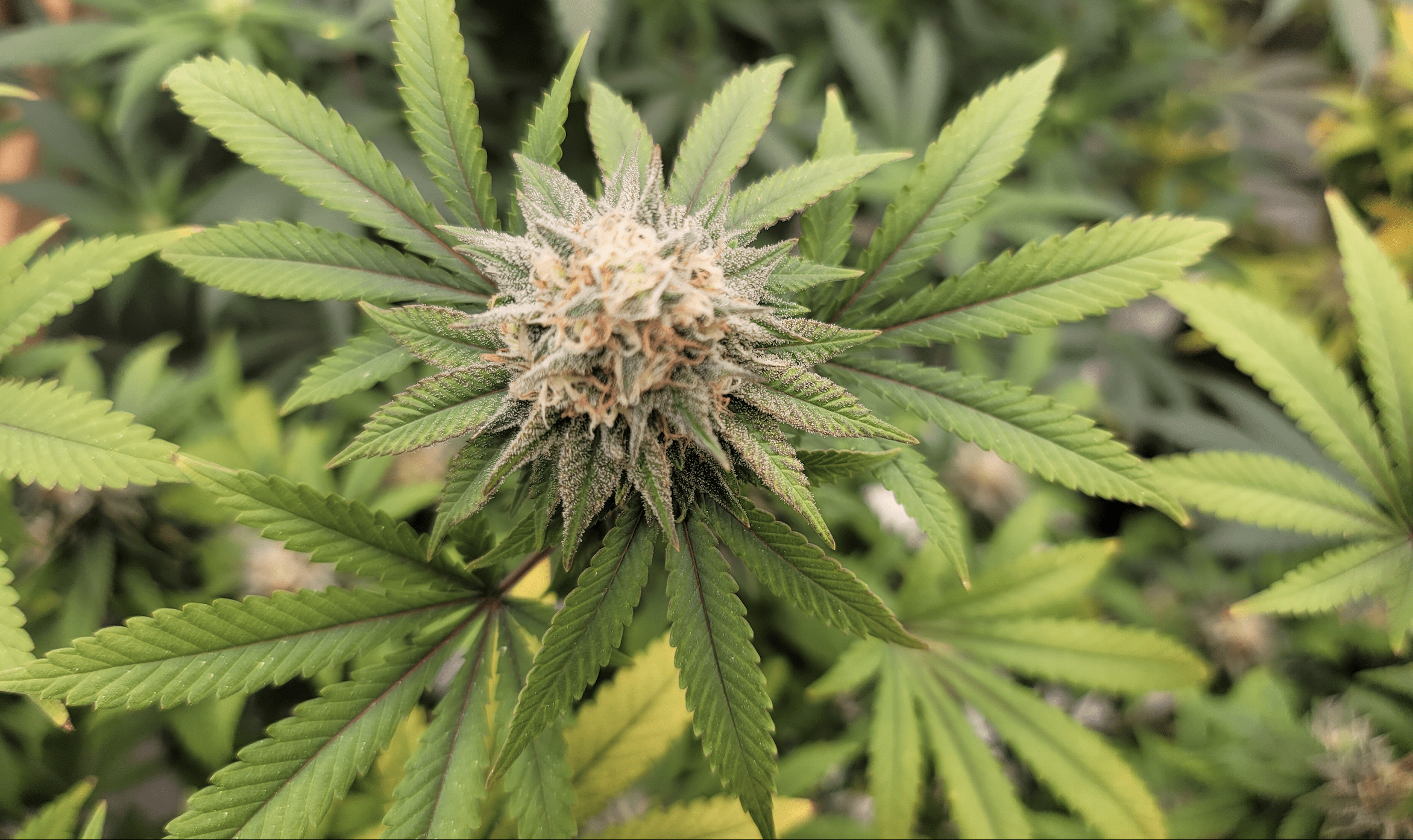Politics
California Senators Approve Bill To Pause Newly Enacted Marijuana Tax Hike For Five Years

California senators have advanced a bill to put a pause on a newly enacted take hike on marijuana products.
On Wednesday, members of the Senate Revenue And Taxation Committee approved the Assembly-passed measure from Assemblymember Matt Haney (D) that would delay the tax increase by five years. The vote was 5-0.
However, the sponsor said at the beginning of the hearing that he approved of a committee amendment that would make it so the effective date of his legislation would be in October, rather than immediately. The tax hike itself officially took effect last week.
State officials announced last month that the cannabis excise tax rate would increase from 15 percent to 19 percent on July 1, and advocates held out hope that pending budget legislation would be amended to mirror Haney’s standalone bill. That didn’t come to fruition.
“AB 564 will provide tax relief to California’s struggling cannabis industry by reversing an unprecedented 25 percent excise tax increase,” Haney said during the Senate committee hearing on Wednesday. “California has been at the heart of America’s cannabis economy and culture—but since voters passed Prop 64, California has not given the legal cannabis industry a chance to grow into its potential.”
“The legal cannabis industry, which is subject to state and local taxes and fees, is constantly at a threat of being overtaken by illegal and untaxed industry,” he said. “The legal cannabis industry needs a lifeline to stabilize.”
The passage of an earlier budget bill that Haney’s measure responds to came despite Gov. Gavin Newsom’s (D) support for including a tax freeze in the trailer bill. Assembly Speaker Robert Rivas (D) also backed the delay, but Senate President Pro Tempore Mike McGuire (D) reportedly blocked it from the budget legislation.
In a statement to CalMatters, McGuire acknowledged that “taxes on California’s overregulated cannabis industry have been a train wreck for years,” but he said that :any freeze will create a budget shortfall which would impact critical community programs funded by cannabis tax dollars.”
Under Haney’s bill, which advanced through the Assembly last month, the delayed implementation wouldn’t take effect until October. Advocates wanted to see it included in the separate, newly enacted budget legislation because it would’ve taken effect upon enactment.
Haney’s proposal would make it so the California Department of Tax and Fee Administration (CDTFA), working with the Department of Finance, would be required to “adjust the cannabis excise tax rate upon purchasers of cannabis or cannabis products” based on the “additional percentage of the gross receipts of any retail sale by a cannabis retailer that the department estimates will generate an amount of revenue equivalent to the amount that would have been collected in the previous fiscal year,” the text says.
The department would need to “estimate the amount of revenue that would have been collected in the previous fiscal year pursuant to the weight-based cultivation tax” and “estimate this amount by projecting the revenue from weight-based cultivation taxes that would have been collected in the previous calendar year based on information available to the department.”
“The specific goal of the cannabis excise tax rate reduction is to provide immediate tax relief to the cannabis industry,” the measure states. “The efficacy of this goal may be measured by the Legislature by the amount of gain or loss in cannabis excise tax revenues resulting from the cannabis excise tax rate reduction allowed by this act.”
It also mandates that CDTFA, on or before December 1, 2026 and each subsequent year the California “submit a report to the Legislature…detailing the amount of gain or loss in cannabis excise tax revenues resulting from the cannabis excise tax rate reduction allowed by this act.”
—
Marijuana Moment is tracking hundreds of cannabis, psychedelics and drug policy bills in state legislatures and Congress this year. Patreon supporters pledging at least $25/month get access to our interactive maps, charts and hearing calendar so they don’t miss any developments.
![]()
Learn more about our marijuana bill tracker and become a supporter on Patreon to get access.
—
Meanwhile, California officials are inviting research proposals for a second round of grants under a program meant to better educate the public on the state’s marijuana law and help policymakers make informed decisions on the issue.
Last month, the Governor’s Office of Business and Economic Development (GO-Biz) announced the recipients of over $52 million in community reinvestment grants to nonprofits and local health departments, also funded by marijuana tax revenue.
That marked the seventh round of cannabis-funded California Community Reinvestment Grants (CalCRG) under the state program.
Legalization in California has created a number of new grant programs aimed at addressing the consequences of marijuana prohibition and attempting to nurture a strong, well-regulated legal industry.
California’s Supreme Court separately delivered a victory for the state’s marijuana program last month, rescinding a lower court ruling in a case that suggested federal prohibition could be used locally to undermine the cannabis market.
The state Supreme Court ruling also came just weeks after California officials unveiled a report on the current status and future of the state’s marijuana market—with independent analysts hired by regulators concluding that the federal prohibition on cannabis that prevents interstate commerce is meaningfully bolstering the illicit market.
The governor did sign a bill in 2022 that would have empowered him to enter into interstate cannabis commerce agreements with other legal states, but that power was incumbent upon federal guidance or an assessment from the state attorney general that sanctioned such activity.
Meanwhile, a California Senate committee recently declined to advance a bipartisan bill that would have created a psilocybin pilot program for military veterans and former first responders.
Photo courtesy of Mike Latimer.



